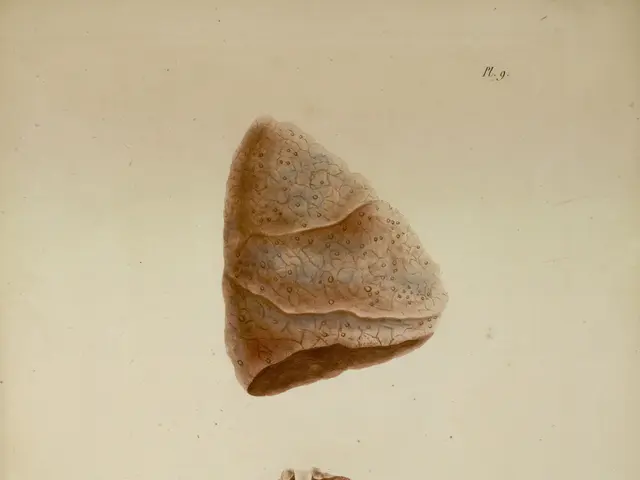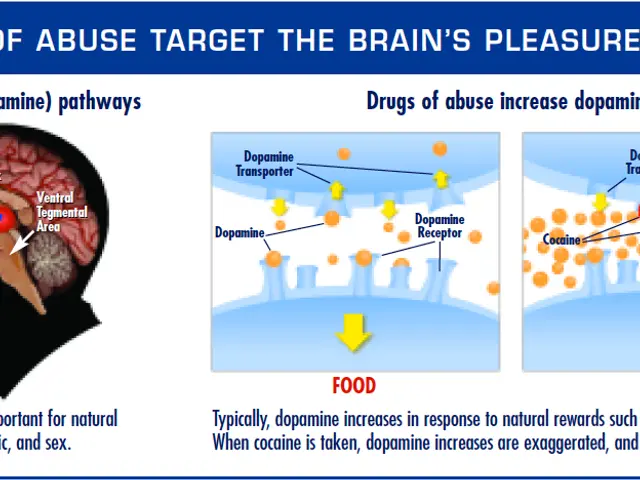Smoking's Deadly Toll: Emphysema's Irreversible Lung Damage
Emphysema, a progressive lung disease, damages the air sacs, making breathing difficult, especially during physical activity. The primary cause is smoking tobacco, with over 480,000 Americans dying from it annually. It's an irreversible condition, so treatment focuses on slowing its progression and managing symptoms.
Emphysema destroys alveoli, reducing the lungs' surface area and oxygen intake. Symptoms initially appear during exertion but worsen over time, even at rest. They include shortness of breath, coughing, exhaustion, weight loss, and depression. Diagnosis involves medical history, imaging tests, blood tests, and lung function tests. Smoking is the main cause, but exposure to irritants, genetics, and certain medical conditions also increase risk. Treatment includes quitting smoking, medications, therapies, and surgeries to reduce symptoms and slow progression. Complications of severe or untreated emphysema include pneumonia, respiratory infections, heart failure, lung collapse, respiratory acidosis, and hypoxemia.
Emphysema is a serious, irreversible lung disease primarily caused by smoking. It damages air sacs, making breathing difficult, and can lead to severe complications if left untreated. Diagnosis and treatment are crucial to manage symptoms and slow progression. Quitting smoking is the most effective way to prevent and manage the condition.
Read also:
- Stephanie Estremera Gonzalez: From Medical Assistant to Residential Manager at The Point/Arc
- Impact of a Government Shutdown on Citizens
- Medical Specialist Based in Visakhapatnam
- Individuals in New York afflicted by Legionnaires' disease have legitimate legal entitlements. Here's some essential information on the matter.








